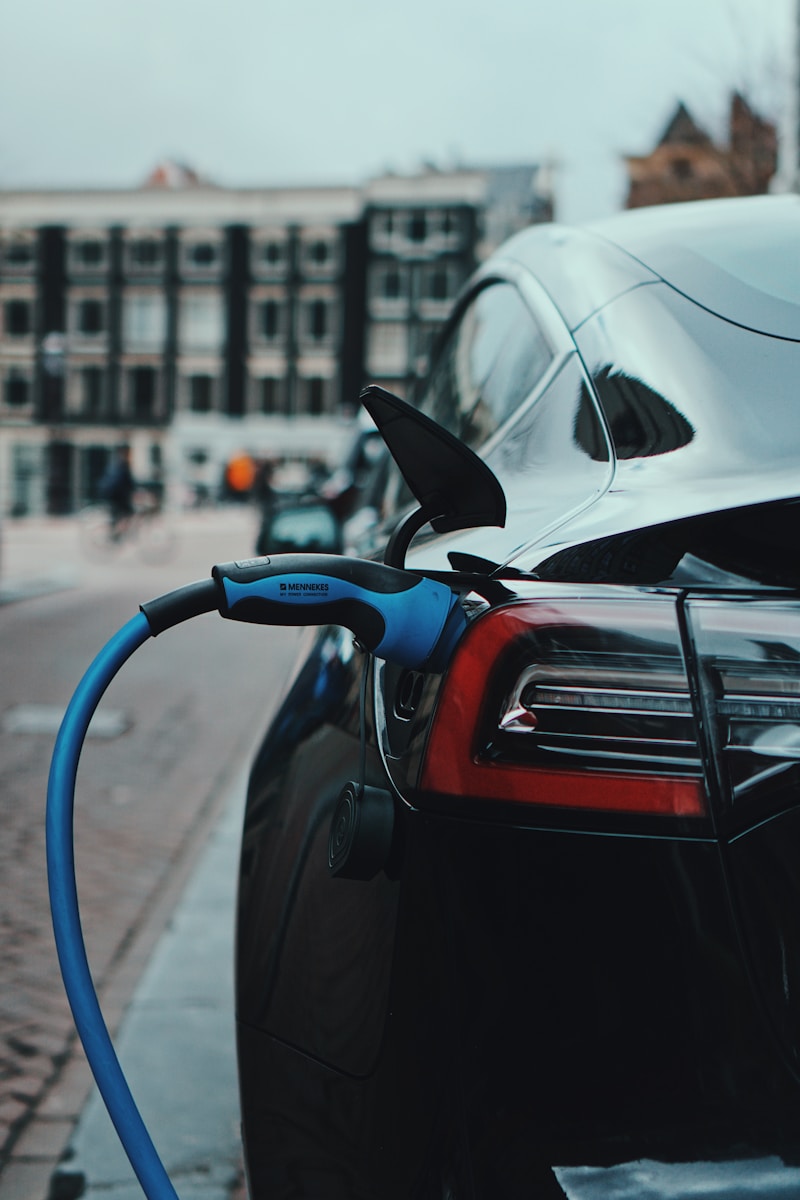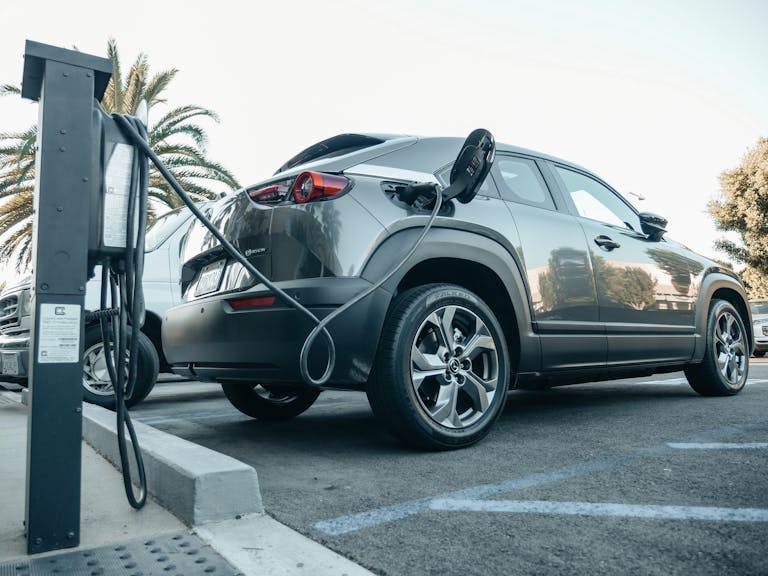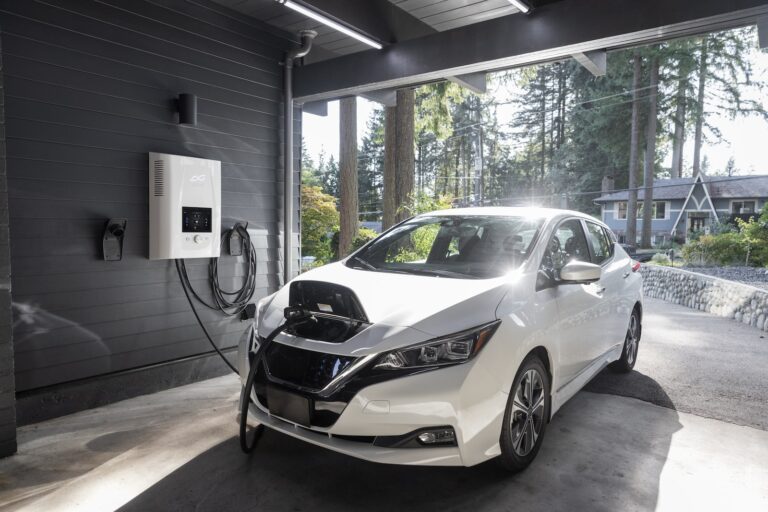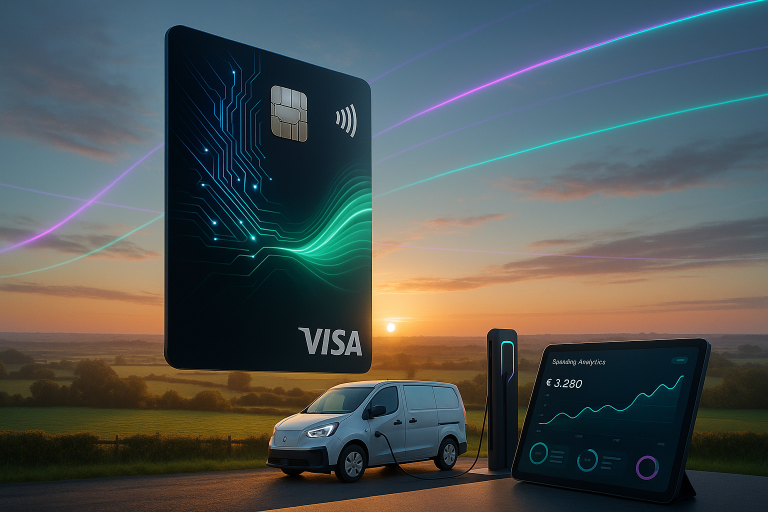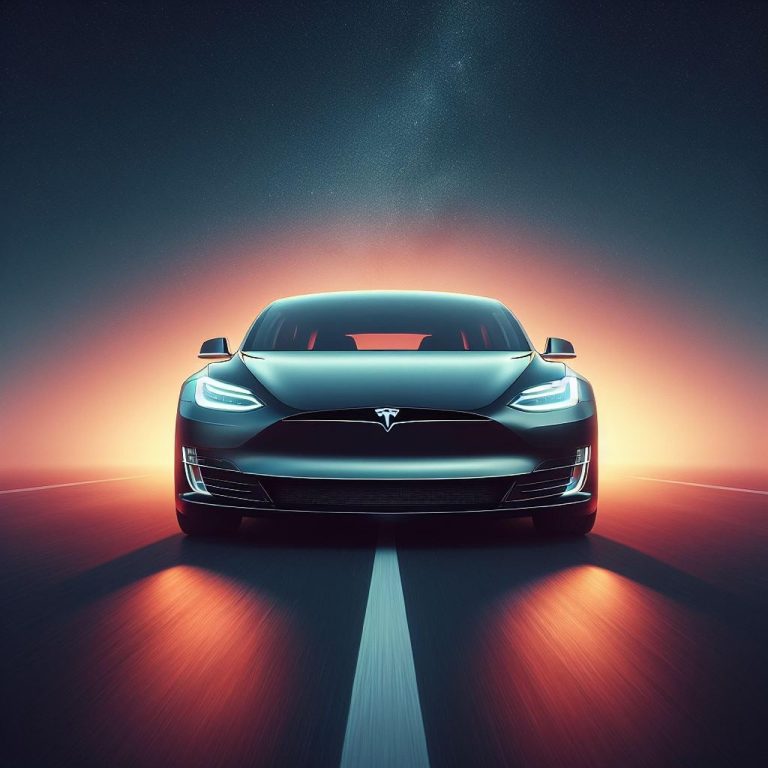The Rapid Expansion of EV Charging Infrastructure: A Look at the Key Players and Innovations
Electric vehicles (EVs) have become a game-changer in the push toward sustainable transportation. However, one of the biggest concerns for potential EV owners is the availability of charging stations. Unlike gasoline-powered vehicles, which rely on a well-established network of fuel stations, EVs require an evolving charging infrastructure that meets the demands of modern drivers.
This article delves into the importance of EV charging infrastructure, explains the different types of charging technologies, and explores the major companies shaping the industry. Additionally, it highlights innovations that promise to make EV charging faster, more efficient, and more accessible.
Understanding EV Charging Levels
Before examining the key players in EV charging, it’s essential to understand the different types of charging available:
- Level 1 Charging (Slowest): Uses a standard household 120V outlet, providing a slow charging rate of about 3-5 miles of range per hour. This method is best suited for overnight charging at home.
- Level 2 Charging (Moderate Speed): Operates on a 240V power supply, delivering 10-60 miles of range per hour. This option is common in homes, workplaces, and public areas.
- Level 3/DC Fast Charging (Fastest): Uses high-voltage direct current (DC) to rapidly charge EVs, typically providing 60-200 miles of range in 20-45 minutes. These chargers are ideal for highway stops and long-distance travel.
Leading Companies in the EV Charging Industry
1. ChargePoint – The Industry Leader in Public Charging
ChargePoint is one of the largest EV charging networks globally, operating over 100,000 charging spots in North America, Europe, and Australia. The company offers both home and commercial charging solutions, emphasizing user-friendly software that allows drivers to find stations, monitor charging, and make payments via a mobile app.
2. Tesla Supercharger Network – Fast Charging for Tesla Owners
Tesla’s proprietary Supercharger network is designed to provide high-speed charging for Tesla vehicles. With over 20,000 stations worldwide, Superchargers can charge a Tesla battery to 80% in about 30 minutes. Tesla also provides home charging solutions like the Wall Connector, making it convenient for Tesla owners to charge overnight.
3. EVgo – Focused on High-Speed Charging
EVgo specializes in DC fast charging, offering one of the largest public networks of fast chargers in the U.S. The company has built partnerships with major retailers and automakers, ensuring that stations are available in key urban locations and along highways. Their goal is to reduce “range anxiety” by making high-speed charging more accessible.
4. Blink Charging – Expanding with Versatile Charging Solutions
Blink Charging has grown rapidly in recent years, offering a mix of Level 2 and DC fast charging stations. With over 20,000 chargers in the U.S., Blink is committed to enhancing EV accessibility through partnerships with businesses and municipalities. Their mobile app helps drivers locate and pay for charging sessions with ease.
5. AeroVironment – Reliable Charging for Commercial Fleets
AeroVironment provides high-quality charging solutions primarily for government and commercial fleet applications. Their Level 2 and DC fast chargers are known for their reliability and performance, making them a trusted choice for fleet operators who need consistent and efficient charging solutions.
6. Siemens – Bringing Industrial Expertise to EV Charging
Siemens, a global leader in industrial technology, has entered the EV charging market with a focus on smart city integration. Their charging solutions are designed for urban environments, supporting scalable deployment with advanced energy management systems.
Additional Players Shaping the EV Charging Market
7. ABB – High-Powered Charging Innovations
ABB is a leader in DC fast charging technology, providing high-power chargers for highways and urban centers worldwide. Their chargers support ultra-fast charging, significantly reducing wait times for EV drivers.
8. EVBox – Scalable and Smart Charging Solutions
EVBox, part of Engie Group, offers a range of residential and commercial chargers with advanced software that enables real-time monitoring and management. Their commitment to renewable energy integration makes them a key player in sustainable mobility.
9. Enel X – Smart Charging with Renewable Integration
Enel X, a subsidiary of Enel, focuses on smart and sustainable charging solutions. Their charging stations are designed to integrate with renewable energy grids, helping cities and businesses transition to greener transportation options.
10. Ionity – High-Speed Charging Across Europe
A joint venture between BMW, Mercedes-Benz, Ford, and Volkswagen Group, Ionity is building a network of ultra-fast DC chargers across Europe. Their stations are strategically placed along major highways to support long-distance EV travel.
11. Pod Point – Enhancing EV Charging in the UK
Pod Point is a major player in the UK’s EV charging market, providing home, workplace, and public charging solutions. Their focus on making charging more accessible has led to significant growth in their network across Britain.
Automakers Investing in Charging Networks
Recognizing that charging infrastructure is crucial for EV adoption, automakers are investing in their own networks:
- BMW has launched over 100 fast-charging stations across Europe.
- Mercedes-Benz has deployed more than 200 stations in the U.S. to support its growing lineup of EVs.
- General Motors (GM), in partnership with EVgo, is expanding the availability of high-speed chargers nationwide.
These efforts demonstrate a shift in the automotive industry, where manufacturers are no longer just selling EVs but also ensuring that their customers have reliable charging options.
The Future of EV Charging: What’s Next?
As technology continues to advance, several key innovations are shaping the future of EV charging:
1. Wireless Charging – The End of Cables?
Emerging inductive charging technology allows EVs to charge without plugging in. Simply parking over a wireless charging pad could soon become a reality, eliminating the need for physical connectors.
2. Bidirectional Charging (Vehicle-to-Grid, V2G)
New charging systems will enable EVs not just to consume energy but also to send electricity back to the grid, creating a more dynamic and efficient energy ecosystem.
3. Solar-Powered Charging Stations
As more charging networks integrate renewable energy, solar-powered chargers could significantly reduce the environmental impact of EVs while making charging even more sustainable.
4. AI-Driven Smart Charging
Artificial intelligence is being used to optimize charging schedules, predict demand, and manage energy distribution efficiently, reducing costs and improving reliability for both consumers and businesses.
Conclusion
The future of electric mobility hinges on the continued expansion of charging infrastructure. Companies like ChargePoint, Tesla, EVgo, Blink Charging, Siemens, and ABB are leading the way, offering a variety of solutions to meet the diverse needs of EV drivers. Meanwhile, automakers and new startups are actively shaping the charging landscape with innovative technologies and expanding networks.
As governments and private sectors invest in greener transportation solutions, the global EV charging infrastructure will continue to evolve, making electric vehicles more practical and appealing for a wider audience. With rapid advancements in fast charging, wireless charging, and smart grid integration, the EV revolution is just getting started.

